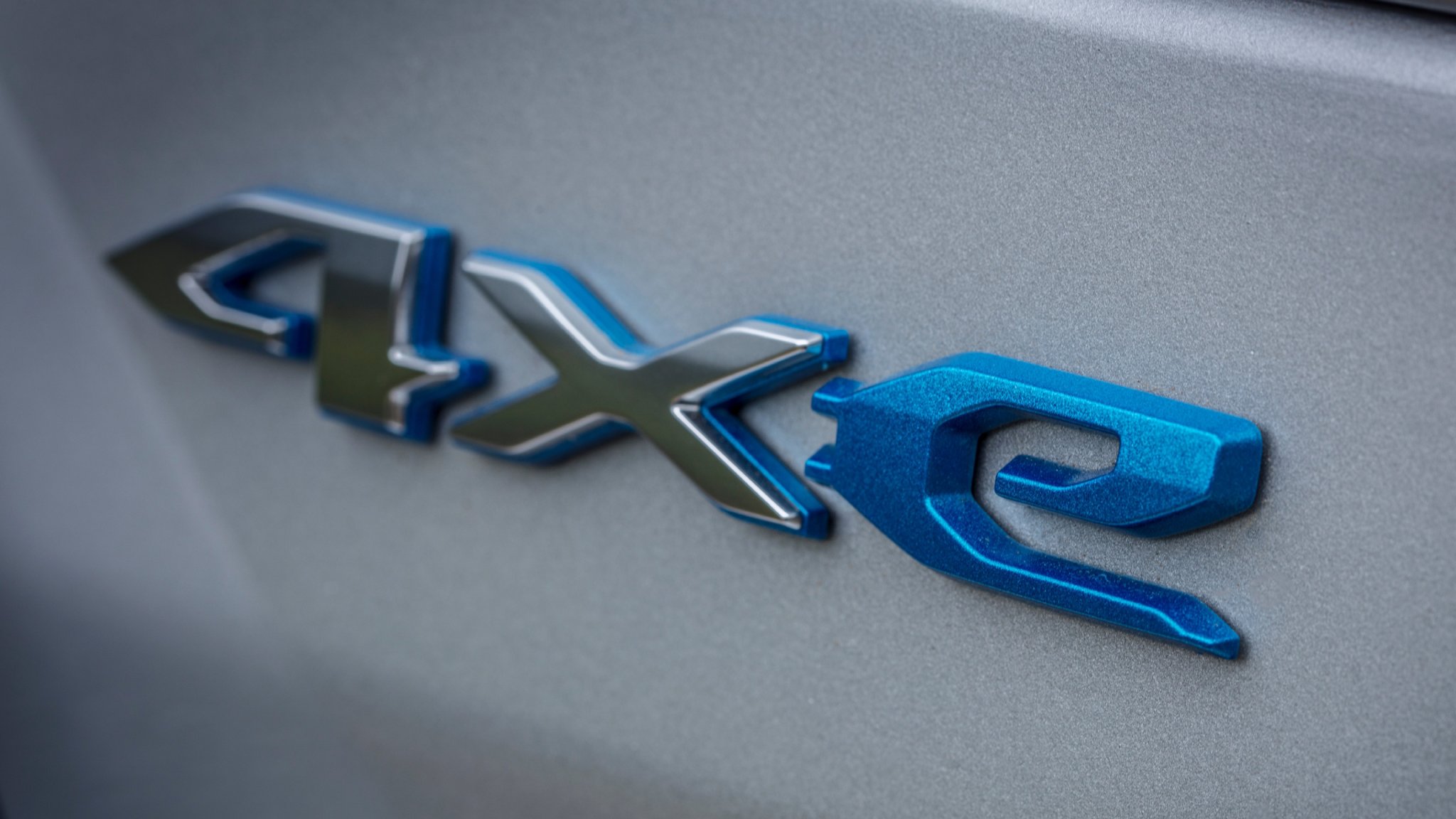

Stellantis has formally lodged a petition against the California Air Resources Board (CARB) for subjecting it to stringent emissions requirements that not all automakers are required to meet. It’s the latest chapter in a saga that has impacted the Chrysler, Jeep, Ram, and Dodge vehicles available for sale across the country, that Stellantis said in a statement “destabilizes our production schedules, the livelihoods of our 56,000 U.S. employees, and the thousands of spinoff jobs generated by our operations.”
First, some background. Over the summer, Stellantis confirmed it was allocating only electrified versions of its vehicles, when possible, to dealer lots in the 14 CARB-compliant states. What this meant is that if you happened to shop in one of those states, the only Wranglers or Pacificas readily in stock were plug-in hybrid vehicles. Pure internal-combustion variants of those models were still available, but they had to be special-ordered for a customer. Meanwhile, dealers in non-CARB states suffered the opposite scenario: few or no hybrids stocked for people to buy and drive away same day, and a predominantly gas-only inventory.

The reason Stellantis moved to do this was because of CARB rules. Under its regulations, most manufacturers are required to sell a certain percentage of zero-emissions vehicles and plug-in hybrids within those 14 states. That’s why Stellantis has prioritized sending such vehicles to those areas of the country. The sticking point for Stellantis is, a group of automakers that signed the department’s “framework agreement” in 2020—BMW, Ford, Honda, Volkswagen, and Volvo—get to play by different rules. For those automakers, compliance is measured by sales nationwide, not just in CARB states. And that makes those numbers much easier to hit.
You may ask why Stellantis didn’t just join ’em, if they couldn’t beat ’em. It tried. According to the company’s petition, it applied for the framework group in 2021 but was “barred” from entry. And, the way Stellantis sees it, this was a form of punishment because it publicly questioned California’s authority to set its own regulations back in 2019 when the Trump administration was vying to undermine CARB. Stellantis, then just Fiat Chrysler, wasn’t alone at the time; General Motors and Toyota were on the same side of the fight. On the other was BMW, Ford, Honda, and Volkswagen, if it’s any surprise.
Regardless of the cause, Stellantis’ position today is that CARB’s selective rules violate the California Administrative Procedure Act (APA) by creating an alternate, favorable criteria for certain players, and that the board also violated the company’s First Amendment rights by rejecting Stellantis due to arguments made against California regulators in the past. “If CARB had gone through the APA procedures, it would have had to publicly explain and justify the classification of OEMs into a two-tiered regulatory structure, and the regulated community would have had the opportunity to comment on the issues it would create,” the petition reads.

It’s not surprising that Stellantis and GM would’ve opposed CARB back when it seemed there was an outside chance they wouldn’t be forced to play by its rules, which are more stringent than the EPA’s national criteria. Both SUV- and truck-centric automakers reportedly paid the government record fines for exceeding Corporate Average Fuel Economy limits in the final years of the previous decade, according to Reuters.
But for Stellantis, these hurdles are still affecting what the company can sell to customers right now in every state, in one manner or the other. A Stellantis representative told The Drive that “because of the disparities created by our exclusion from the Framework Agreement, our inventories of unsold electrified vehicles in California have become excessive.” They also added that “excluding companies from the Framework Agreement is forcing Stellantis to undertake a production strategy that pits ‘California states’ against ‘non-California states,'” decreasing product availability in some markets and hampering the company’s EV rollout, which it’s investing $35 billion in.
Got a tip or question for the author? You can reach him here: adam.ismail@thedrive.com